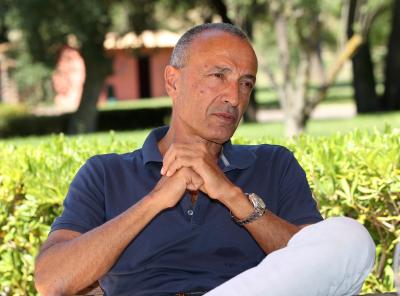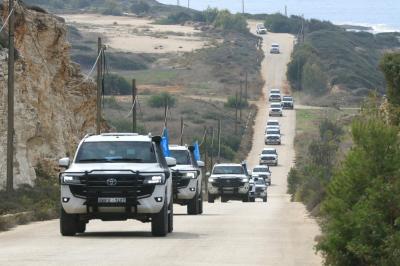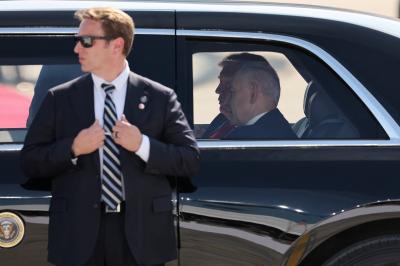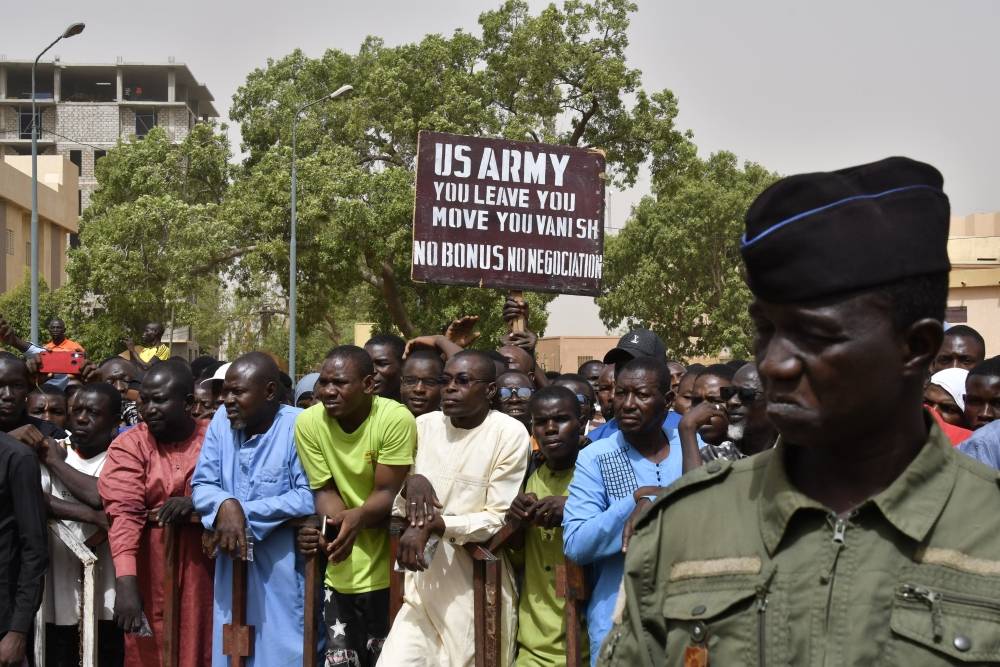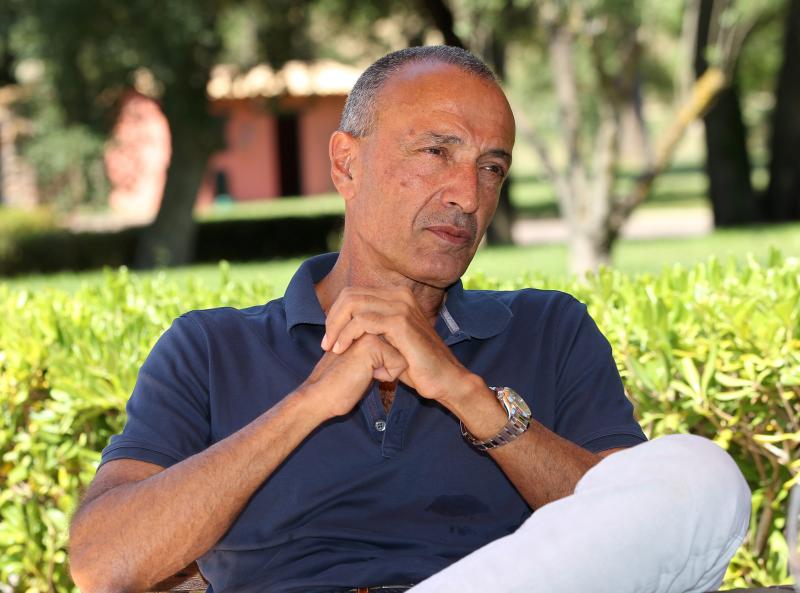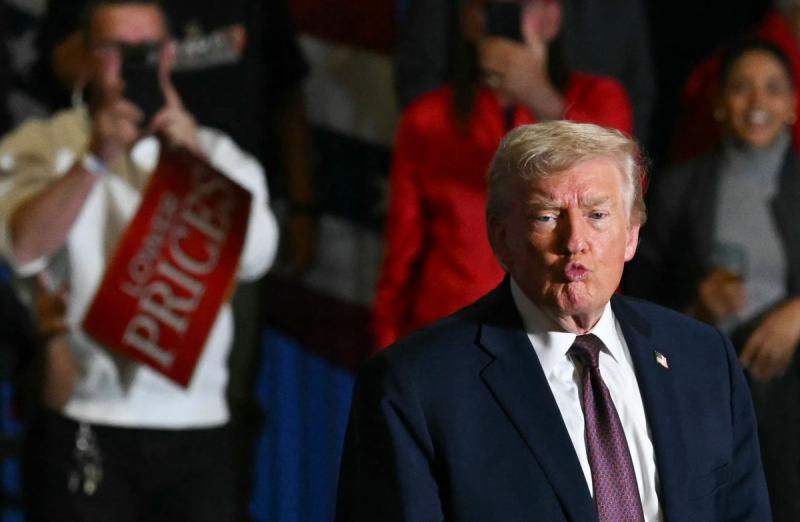In a major geopolitical reversal in Niger, the Russian bear seems to be ousting the American eagle, symbolizing a significant shift in regional influences. The Nigerien government has terminated a security cooperation agreement with the United States and requested the departure of American forces stationed on its soil, while the first units of the so-called "African Corps," a force established by Russia following the dissolution of the private security firm "Wagner," have arrived at Niamey airport.
Since 2020, the Sahel region has been rocked by a series of military coups, starting with Mali, followed by Burkina Faso and Niger. These regime changes have marked a break from military ties with France, the former colonial power, which since 2012 had deployed thousands of soldiers under Operation Barkhane to combat jihadist groups. Instead, these countries have strengthened their relationships with Russia, notably through the "Wagner" company, led until his death by Yevgeny Prigozhin. Following Prigozhin's elimination, "Wagner" was integrated into the "African Corps" under the direct supervision of the Russian Ministry of Defense.
Although the American military presence in Niger had been relatively independent of that of France, U.S. attempts to establish relations with the military council led by General Abdou Rahmane Tiani were not successful. Efforts to maintain the security cooperation agreement failed when the Nigerien military council declared in March that the American military presence "was no longer legitimate." Discussions between Nigerien Prime Minister Amin Zein and U.S. officials in Washington in April confirmed this break.
The announced closure of the "Base 201" drone base in Agadez, a key facility inaugurated in 2018 at a cost of $110 million, signifies the end of a strategic American pivot in the region. This base had played a central role in surveillance and operations against the Islamic State, particularly in Libya in 2019.
In recent months, U.S. officials made efforts to save the security cooperation agreement with Niger, but these attempts failed when the military council in power in Niamey announced on March 15 that the American military presence in Niger "was no longer legitimate." The United States had to accept the fait accompli after discussions conducted by Nigerien Prime Minister Amin Zein in Washington in April.
It was surprising that the United States then announced that it would reconsider its military presence in Chad, another country in the Sahel region, at the request of the government of N'Djamena. However, the American military presence in Chad is limited to only a hundred soldiers. There is no indication that this decision is related to the expansion of Russian influence in this country, where France continues to this day to enjoy clear military and political influence.
The Russo-Western rivalry in the Sahel region has taken an escalatory turn reminiscent of the days of the Cold War between the United States and the former Soviet Union, when both parties were engaged in a fierce struggle for control over the resources of the African continent. At that time, Washington and Moscow fueled wars and conflicts within African states, and even civil wars in these countries, as was the case in Congo during the days of Patrice Lumumba in the 1960s, and later in the late 1970s in Somalia, Ethiopia, and Angola.
Today, this conflict is renewed with the struggle over Ukraine. And always, Africa, needed by both sides in the comprehensive confrontation between them, remains at the heart of international events. When the Prime Minister of Niger visited Moscow last December, this was followed by a visit to Tehran in January where he met with President Ibrahim Raisi.
U.S. officials express their concern that Moscow is targeting the riches of the Sahel countries to finance the war in Ukraine, while they fear that the development of Iran's relations with Niger could allow Tehran to obtain uranium from Niger needed for its nuclear program.
That Russia replaces France and America in providing military support to the Sahel countries imposes on the Kremlin a daunting task to provide effective support to enable these countries to combat jihadist organizations, which have been waging a war of attrition against central governments for over a decade.
The issue is not only about military cooperation in combating jihadists but also will fall on Moscow to support these countries economically, as they will face a Western blockade with the penetration of Russian influence.
There is no doubt that the West, having suffered a strategic defeat in the Sahel region, is now looking for another theater to strike at the growing Russian influence in Africa.
Please post your comments on:
[email protected]
 Politics
Politics
